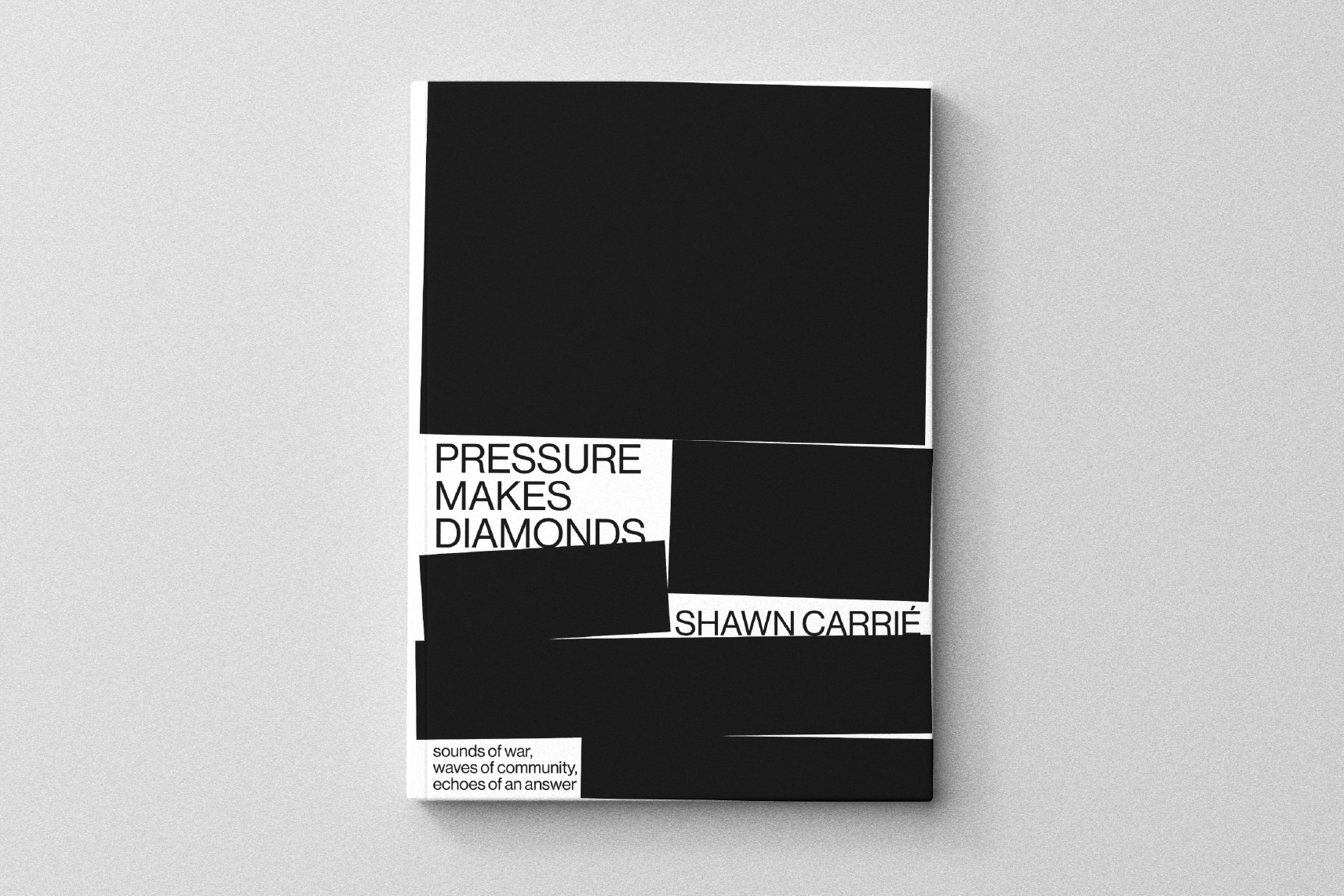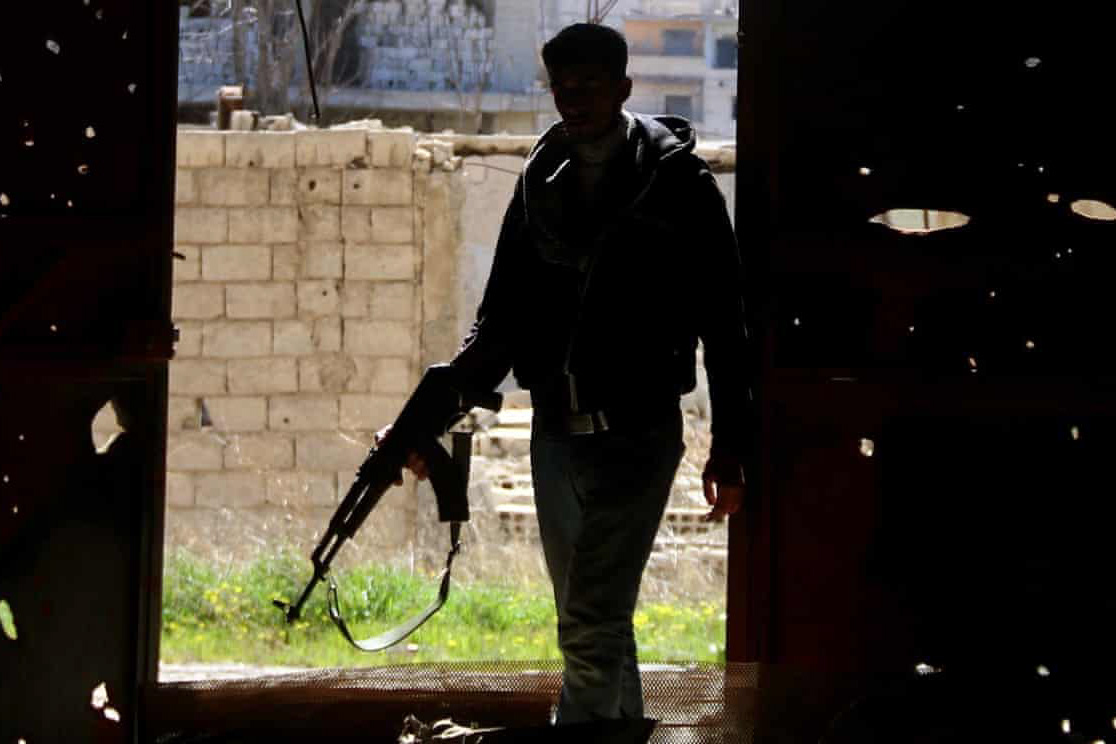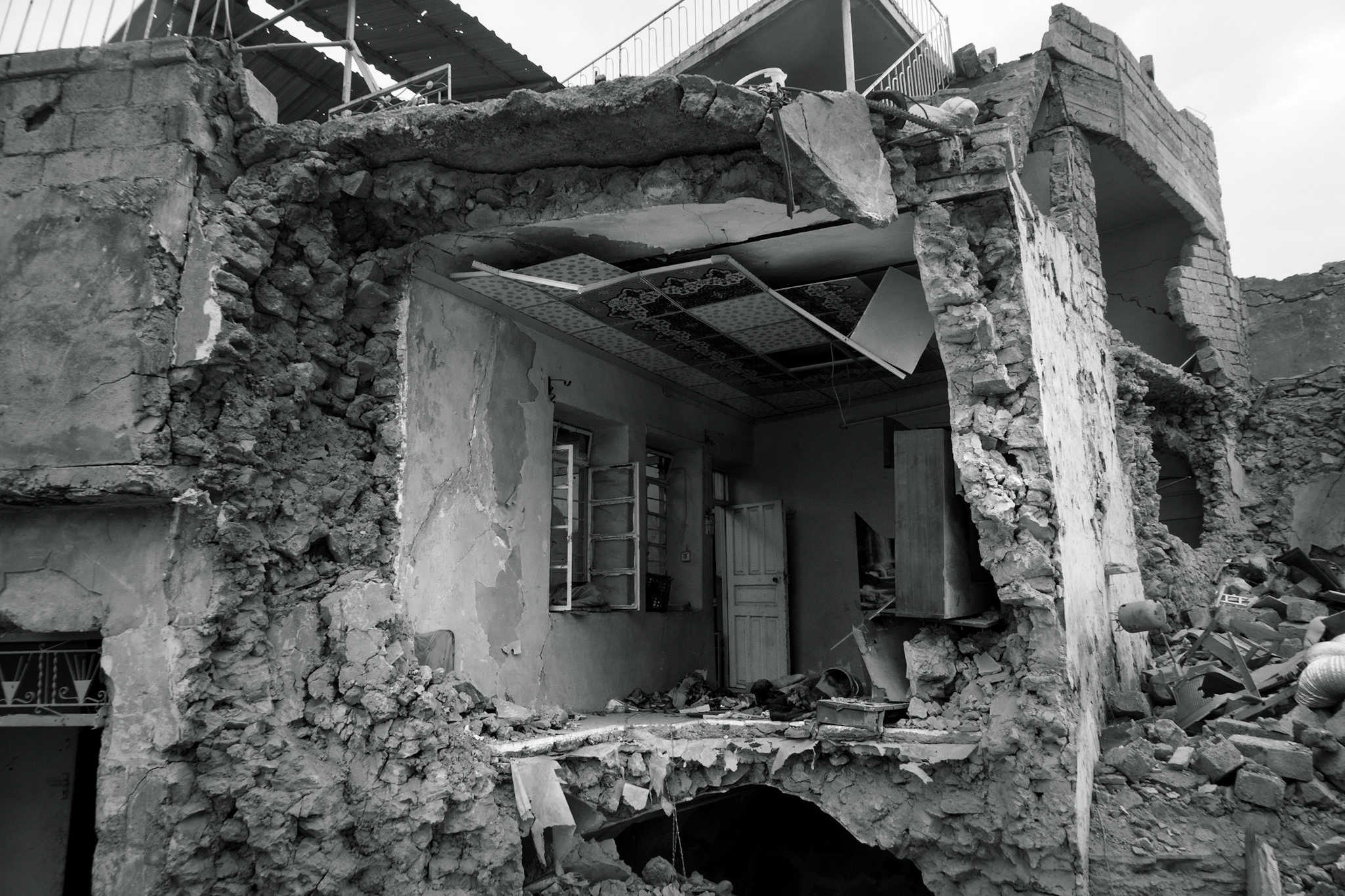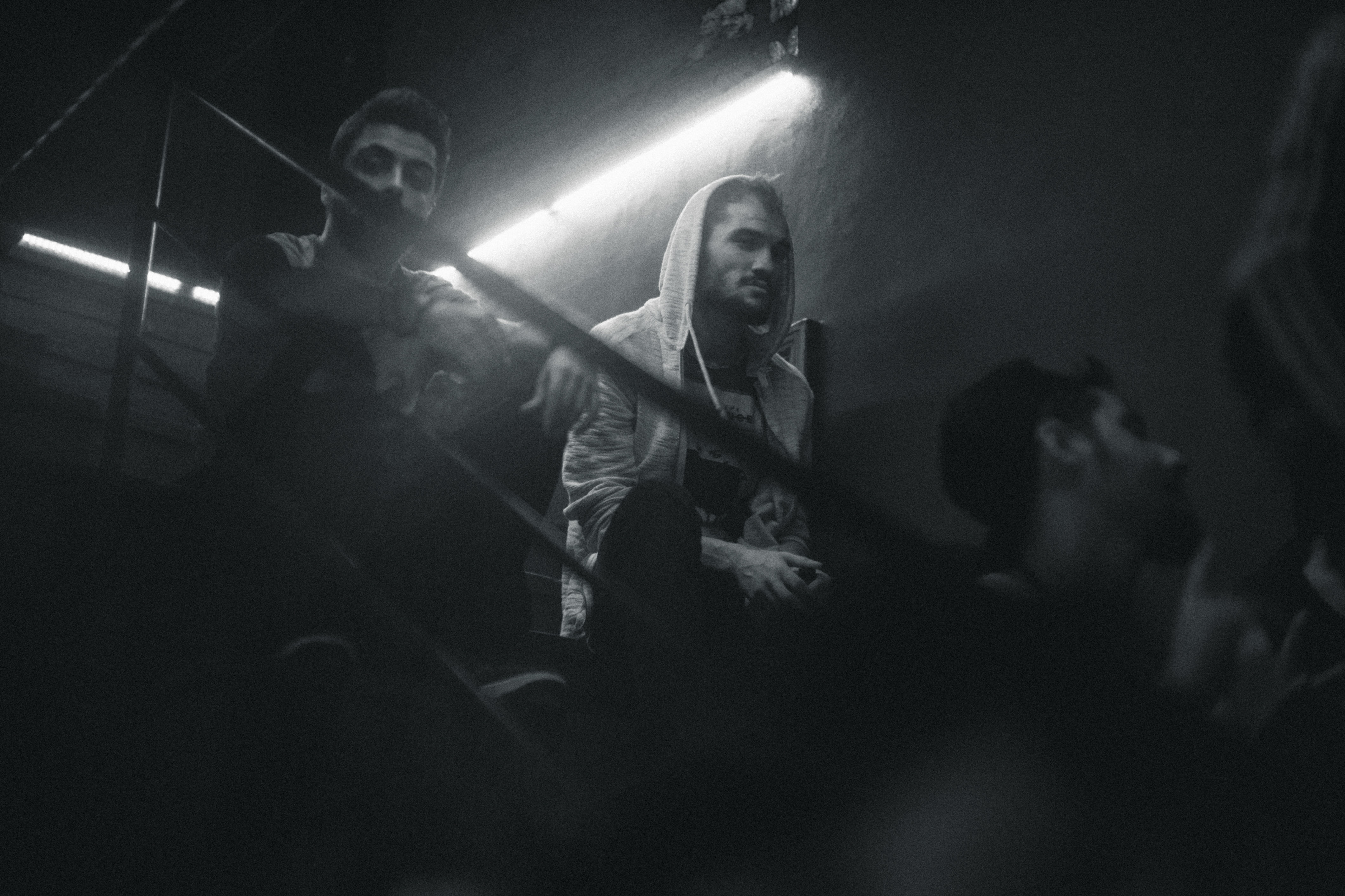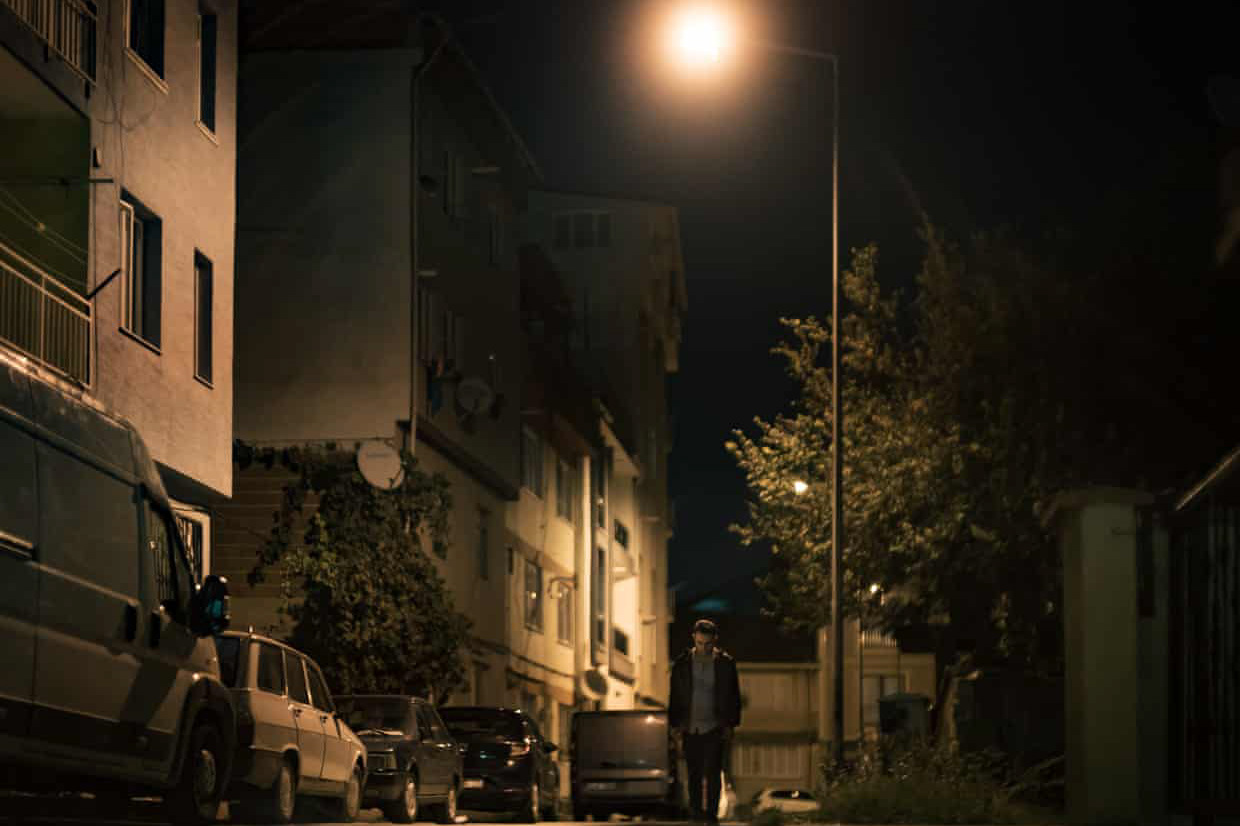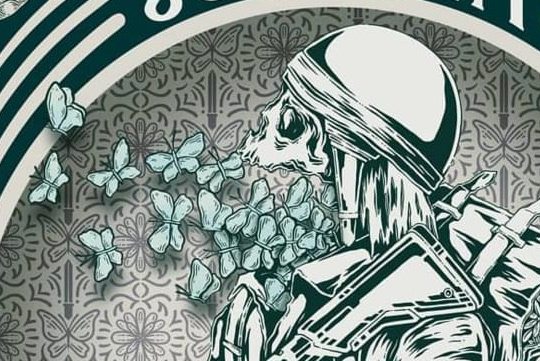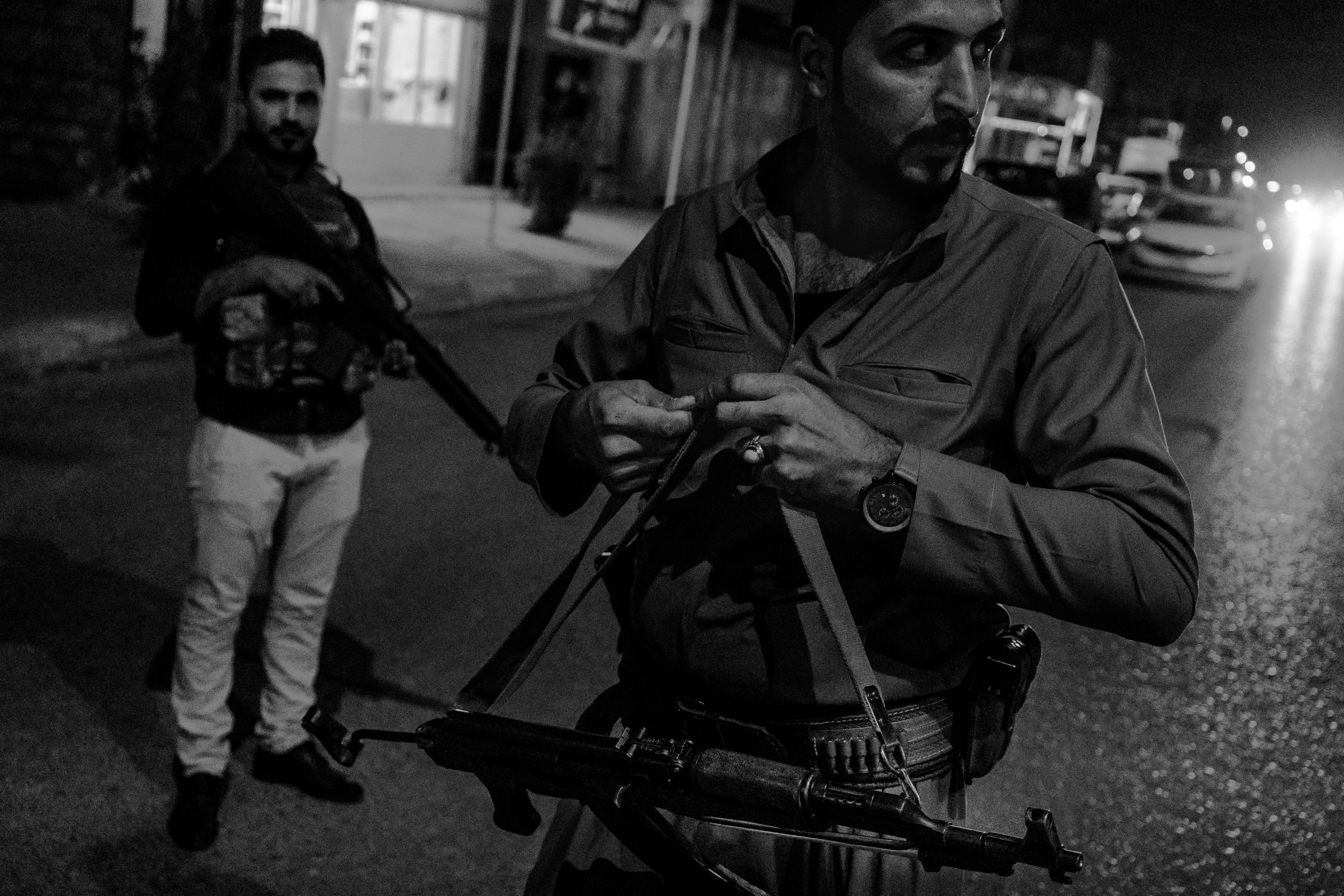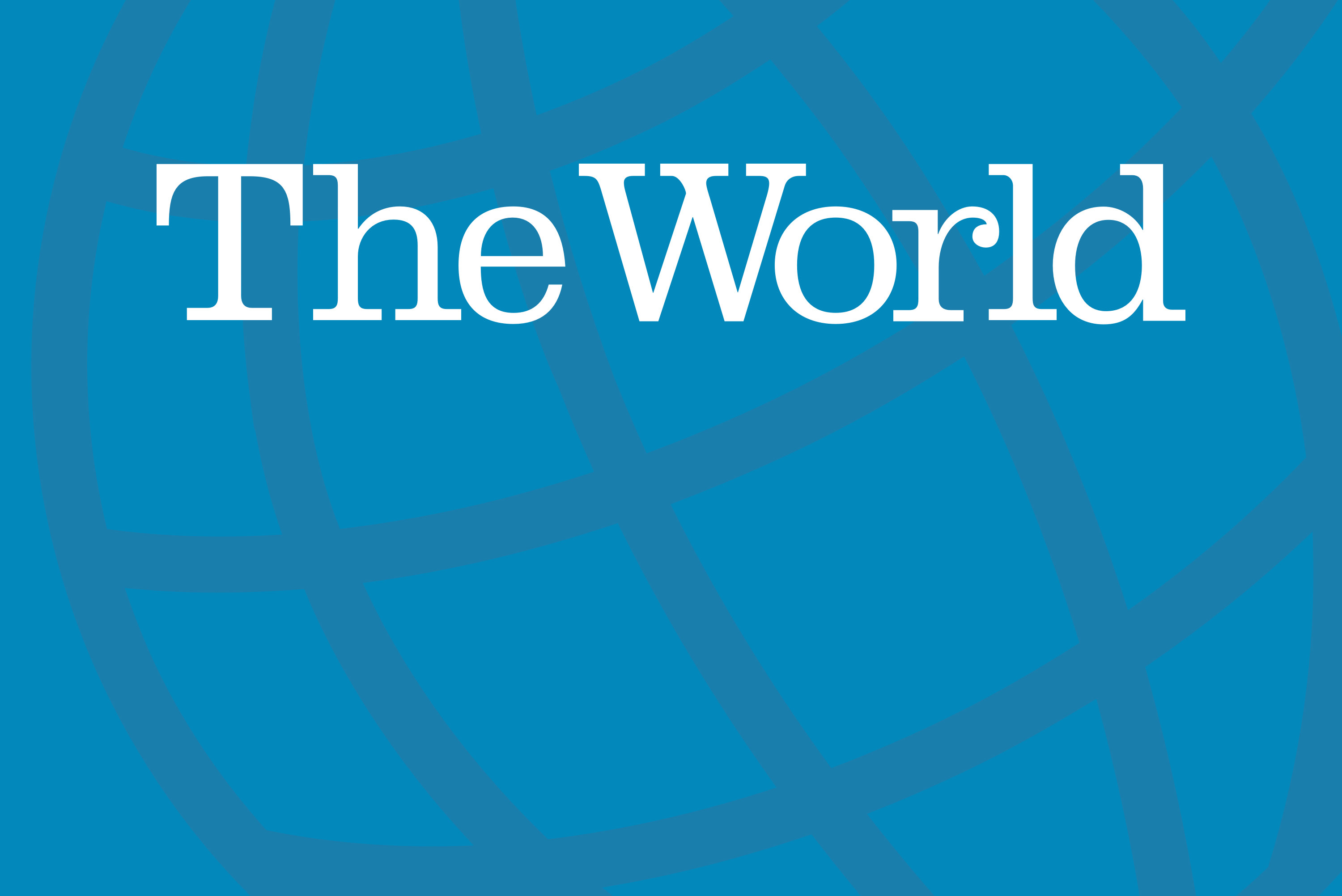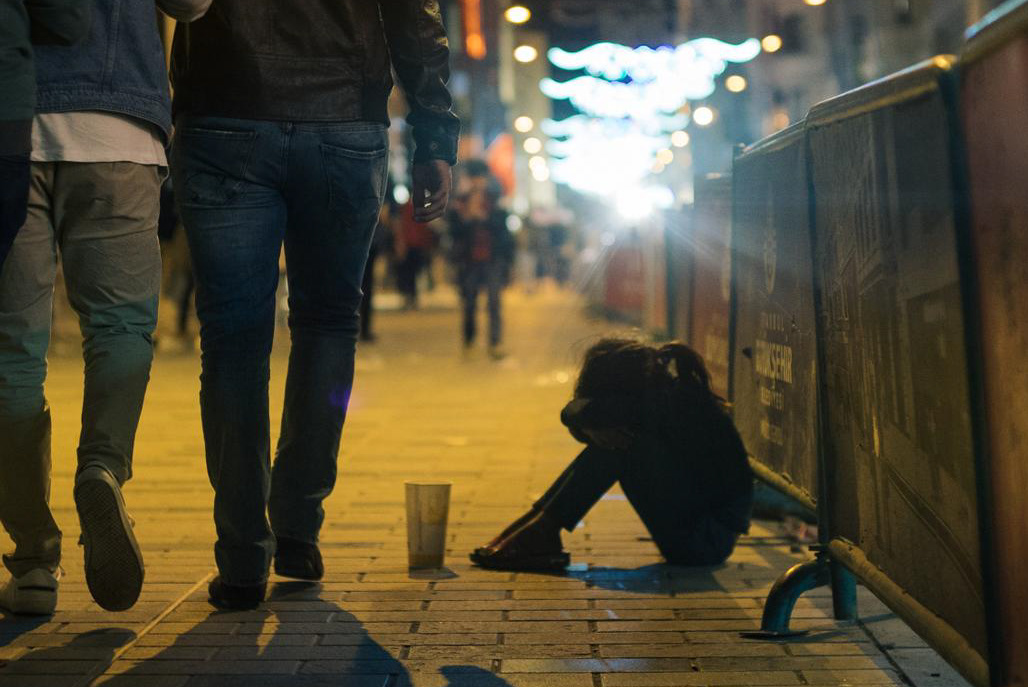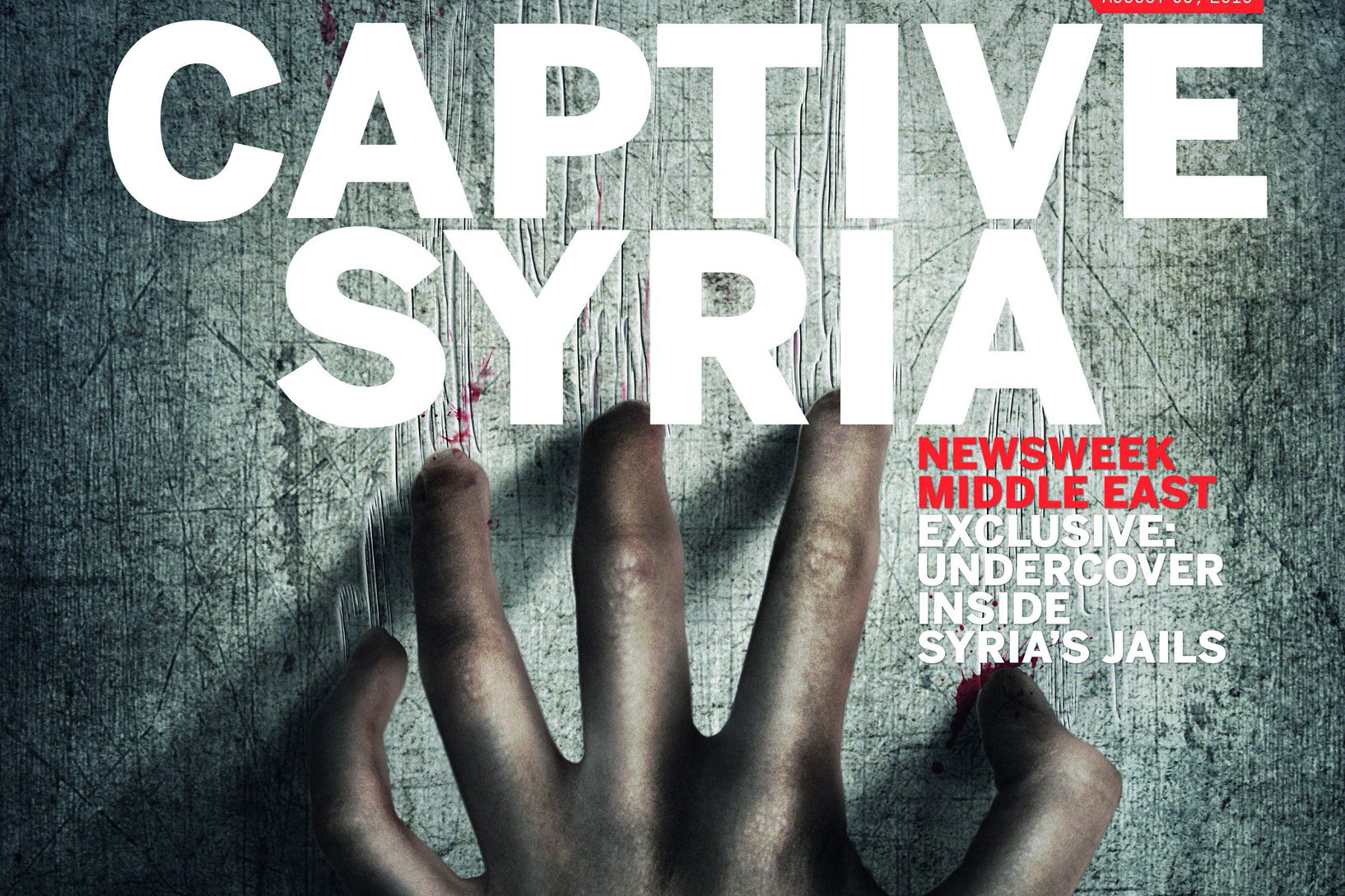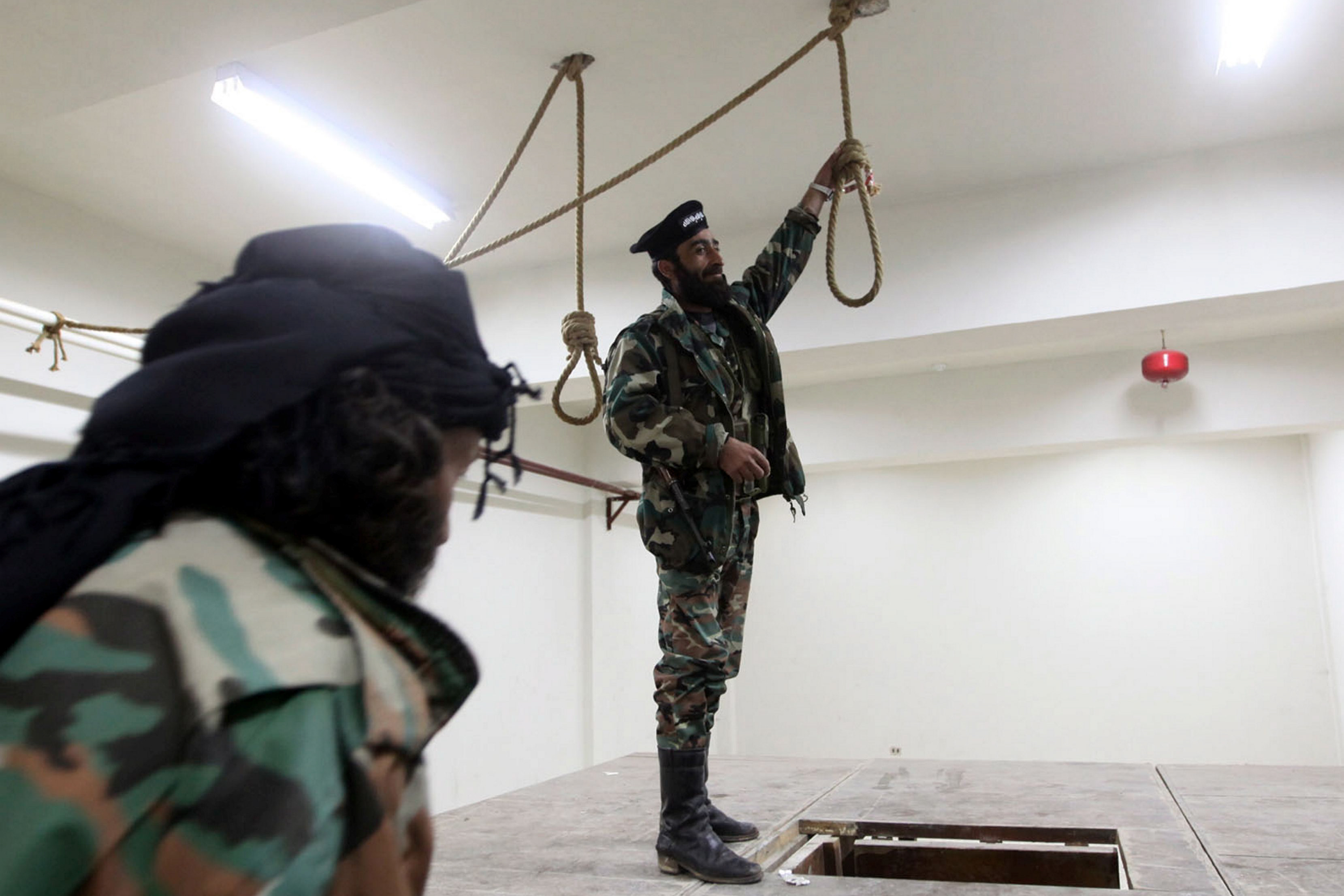I was in a café on the Anatolian side of Istanbul with two Turkish friends when they both started frantically checking their phones as reports on Twitter started pouring in. Something was happening. Something grave.
If we hadn’t had cell phones, we wouldn’t have known what was happening. A rogue faction of the military seized controls of media outlets—including the government’s broadcaster, TRT—to read a statement declaring that the “political administration that has lost all legitimacy has been forced to withdraw.” Tanks had rolled onto the streets of the capital, Ankara, and in Istanbul. Jets and helicopters attacked Turkish government buildings. Reports say the president had escaped death by ‘minutes,’ as his residence was assailed, shortly after his departure. By the end of a chaotic night, at least 290 people had been killed in fighting, and over 1,400 wounded, according to Turkey’s Foreign Ministry, in Friday’s attempted military coup on President Recep Tayyip Erdogan’s government.
In a call “to protect democracy,” Erdogan addressed the nation urging citizens to “go to the streets and give them their answer.” Thousands, if not millions, did, with dramatic scenes of anti-coup protesters facing down tanks and armed soldiers.
In the following days, the fall out was immediate; Erdogan laid the blame for the coup at the door of Fethullah Gülen, his U.S. based, powerful rival. A purge of elements perceived as a threat to the Turkish state was underway; with the ruling party detaining at least 6,000 people since Saturday, including 29 of Turkey’s 300 generals and over 2,600 judges. Broadcaster CNN Türk said Erdogan’s chief military assistant, Ali Yazici, was among those arrested. After closing its Incirlik air base to U.S. planes, vital to the war on Daesh, the base was reopened, the Pentagon said on Sunday.
But for those of us in Turkey that night, the facts give little of the tension or the resilience of the nation’s denizens.
Our Friday evening was a maelstrom. Low-flying jets screaming over Ankara. Tanks surrounding Atatürk Airport. Both Bosporus bridges were shut down. Videos of gun fighting on Istanbul’s Vatan Caddesi began to circulate. “We should go home immediately,” Zeynep said.
The streets in Kadiköy were buzzing with activity and confusion. Groups of people were huddled around television screens at bars and restaurants. I overheard a conversation between two women, who, like everyone else, were trying to make sense of the situation:
“What’s happening?”
“The army is arresting the police.”
“So what does that mean?”
“It means this is a military coup.”
“The army is arresting the police.”
“So what does that mean?”
“It means this is a military coup.”
11:05 PM Turks know what to do in case of a coup. Turkey has witnessed four military coups against civilian governments since the sixties. In 1980, a successful coup d’état led to three years of military rule. Hundreds of thousands were rounded up and imprisoned.
On Friday night, long lines formed outside every bank and ATM. Grocery stores were crowded with people scrambling for food and water, anticipating the worst. We stocked up on eggs, pasta, canned tuna, chocolate and cigarettes and went back to the apartment and turned on the TV. When Zeynep started gathering her political books and hiding them in the kitchen, that was when the nerves set in.
“What’s the worst case scenario that could happen?” I asked her.
“Soldiers may come door-to-door searching houses. We won’t be able to leave the house for a few days, and if people go out, there will be tanks on the streets and they could just start shooting people at random,” she replied.
At 12:00am, the helicopters were bearable. When initial reports of “low-flying jets” over Ankara emerged, it didn’t sound too intimidating—until we heard them for ourselves. With a sharp, staccato impact followed aby thunderous crack, their deafening roar lasted for at least 15 terrifying seconds. You get the sense that a jet was either right over your head, or that if you looked outside your window you’d see a mushroom cloud.
Naturally, everyone was calling family and friends to check on them. I texted a Syrian friend in Germany, whose children are still in Istanbul—they told their mother that after living in Damascus for the last five years, they weren’t scared of anything.
Our eyes were glued to Twitter, sifting through reports, each one outdoing the last. Prime Minister Binali Yildirim finally came on the television to confirm what many already suspected: “There is an attempt at a coup by groups inside the military. We will not allow any action that would harm our democracy.” The main national television station, TRT, had been taken over, and an anchorwoman was forced at gunpoint to read an stilted declaration claiming that the military was now in control of the upper echelons of the government, and a curfew was in effect. The president’s whereabouts were still unknown.
12:25 AM A coup is something that we usually think of as happening in the shadows, plotted by a mysterious cabal of men in a dimly lit room. They may need little more than to seize the major broadcast channels and announce that the military has taken over the reins of power—and in 1980, that would have been enough. Without access to information, people would have little choice but to obey the orders of the military and stay inside their homes out of fear for their lives.
But this time, the coup was playing out in full public view. Reports kept coming in on television. Rumors abounded on social media. During the first few hours, we still did not have enough information to know if the attempted coup had succeeded or if it would fail.
But there was certainly enough confirmed information for those in Turkey to be seriously concerned about the future of the country. In the capital Ankara, soldiers and police were shooting at each other in the streets, fighting for control over a chessboard of government buildings. Loud explosions could be heard all over Istanbul. For the span of several hours, it wasn’t clear who was in control—or what Turkey would look like tomorrow.
“When I saw the tanks, I saw the old days coming back again,” said Mustafa Demir, a Kurdish businessman in Ankara who was only 16 when the junta took power in 1980. “I was imprisoned for six months. They arrested all of the students—left-wing, right-wing, Islamist or secular— anyone who was politically active,” Demir told me the following day.
The army is widely seen the guardian of Turkey’s secularism and national pride, dating back to the war of independence that founded the republic in 1923, led by Mustafa Kemal Atatürk. It has intervened in politics five times in the country’s history, under the auspices of restoring order to the republic in times when its founding ideals were endangered. In 1960, during a period of social and economic unrest, an army colonel orchestrated a takeover of the government by arresting top officials and reading a statement over the radio that the military was in control. In 1980, it again stepped in with the state goal of ending sectarian strife, issued “a coup by memorandum” in 1997 against Turkey’s first Islamist Prime Minister Necmettin Erbaka, and threatened to intervene ahead of contentious elections in 2007.
“A coup is not good news for anyone,” Esme Han tells me as the neighbors gather in the stairwell looking out at the street. She has lived through four coups in her 77 years. “In 1980, I was in Ankara, and my husband could tell something was up, so he sent all of us to our family’s village in Mugla. He was arrested and disappeared for three months, and he never spoke about what happened to him. Those were hard times, we were living in hunger.”
President Erdogan addressed the nation live on television from an undisclosed location via FaceTime, which did little to assuage rumors he was under arrest or had fled the country. Even as he asserted that the government was still in control and rejected the coup as an illegitimate action of a minority within the military, the number of dead policemen, soldiers and civilians continued to rise.
01:41 AM An unscheduled call to prayer rang out from the mosques—a portentous sign. Amidst the dark confusion of a night of pandemonium, we had no idea what would befall us. The Parliament building in Ankara had been bombed from the air. We watched in shock as helicopters shot at civilians during a live broadcast on NTV. For a moment, the worst was to be feared.
Our phones lit up simultaneously with a text message sent out on all carriers: “I am calling you to the streets against this action of a narrow cadre that has befallen the Turkish nation.” It was signed by Erdogan himself.
Our phones lit up simultaneously with a text message sent out on all carriers: “I am calling you to the streets against this action of a narrow cadre that has befallen the Turkish nation.” It was signed by Erdogan himself.
02:38 AM The coup’s plotters must have figured that with a sudden blitz, they could seize the government, and that the rest of the country, its military and institutions would fall in line. By necessity, they relied on the element of fear, betting that people would stay in their homes out of fear. But the public were not passive.
At the moment of truth, people resisted that fear and took to the streets. They stood in the face of tanks and wrested rifles out of the hands of soldiers. Some lost their lives when soldiers fired into crowds of unarmed citizens. Blood stained the ground of Taksim Square, their fallen bodies draped in the nation’s flag.
When President Erdogan reappeared at Atatürk Airport, greeted by a supportive crowd and loyal soldiers who had successfully retaken the airport from the coup faction and proclaimed victory, the tide seemed to be turning. On the other side of the city, no one was asleep. As we watched the climactic moment on television, we could hear an ominous mélange of cheering and gunfire—unclear if it was celebration or desperation.
03:23 AM Success would take more than declarations. Bitter fighting persisted through the night. Zeynep’s phone rang—on the other side of the line was a terrified friend, crouched on the floor of her flat with the lights off as she heard rapid gunfire from the street. The biggest crowds were in on the European side of Istanbul, in predominantly conservative Muslim neighborhoods, the popular base of the ruling AK Party.
One of the most dramatic events of the evening was when coup soldiers stormed CNN Türk’s headquarters—a brave anchor continued with the broadcast as the voices of angry men shouting could be heard in the background. We watched as the station manager evacuated the studio and announced that the broadcast would be cut. The studio camera, however, was left running, showing an empty desk. Minutes later, viewers heard panicked screams, pleading and gunfire in the studio—our eyes were transfixed on the screen, not knowing if the journalists were being taken hostage, or what horrifying scene would unfold.
06:42 AM Eventually, it became clear that the coup was unraveling. A squadron of 13 soldiers who had breached the presidential complex had been apprehended. Most of the military’s top brass had come out against “traitors.” The country’s four major political parties, usually divided by politics, stood united in denouncing the failed attempt at overthrowing the elected government.
As the sun came up over the Bosphorus, the holdout soldiers who had blockaded themselves on the Faith Sultan Mehmet Bridge surrendered themselves to police with their hands up. “The government is in control,” Erdogan says. “The government, elected by fifty-two percent of the people, is on duty.”
09:45 AM The following day a sense of jubilation was felt across the country. The fluttering of Turkish flags and cars honking incessantly with cheering men and women hanging out of their windows filled the street. It seemed as if people were celebrating a national holiday. The whole affair unfolded in the course of a few hours. If you went to bed early, you might have missed the whole thing.
In the cafés, the previous night’s drama was on everyone’s lips. Who were the perpetrators behind the botched coup attempt? Could it have been followers of Fethullah Gülen—the disgraced former ally of President Erdogan, now exiled in the United States, but suspected of having followers within the Turkish government constituting a ‘parallel state?’ Many questions remained unanswered.
5:51 PM By that evening, thousands of celebrants had taken to Taksim Square, rallying up and down Istanbul’s main boulevard. The celebratory atmosphere was ubiquitous, reminiscent of last month when the Istanbul-based Besiktas football team won the Turkish League championship for the first time in seven years. Every hand held a flag—most the national standard red with a star and crescent, and, notably, many bearing the green three-crescent standard hearkening back to the Ottoman Empire. Chants in forceful unison of “Ya Allah, Bismillah, Allahu Akbar” (“In the name of God, God is the greatest”) and “We want revenge” were in abundance.
That evening, a Syrian friend recounted his panic at hearing the jets fly overhead, his bewilderment heightened by neighbors yelling out their windows in Turkish. He voiced palpable worry at what would befall Turkey’s large Syrian community, recalling what the 2013 coup led by Abdel Fattah El Sissi in Egypt had meant for him: “When Sissi took power, all the Syrians left in two weeks. And the only place we could come was Turkey. If Erdogan were gone, they would be killing Syrians in the streets,” he said.
A young woman responded, “It makes me uncomfortable to see huge crowds of people taking over the streets shouting ‘Allahu Akbar.’ We have a secular tradition in Turkey, and I feel that may be in danger.” The Syrian replied: “I’m not religious at all—–but the first time I heard shelling in Syria, I’m sure that I said ‘Allahu Akbar.’ Or if I knock over a glass and catch it, I might say ‘Allahu Akbar.’ It’s totally normal—they’re just celebrating.”
Another woman agreed with her friend: “I didn’t feel comfortable wearing this tank top in that crowd. I feel like if I was there walking with my mom and said one word in Kurdish, they could lynch me.”
It would be wrong to say there are no divisions within the Turkish society. The coup may have failed, but it has exposed long-standing rifts that will take time to repair. Turks may be fractured politically, but for now they are united in agreement that their differences are to be resolved democratically—not by military force.
